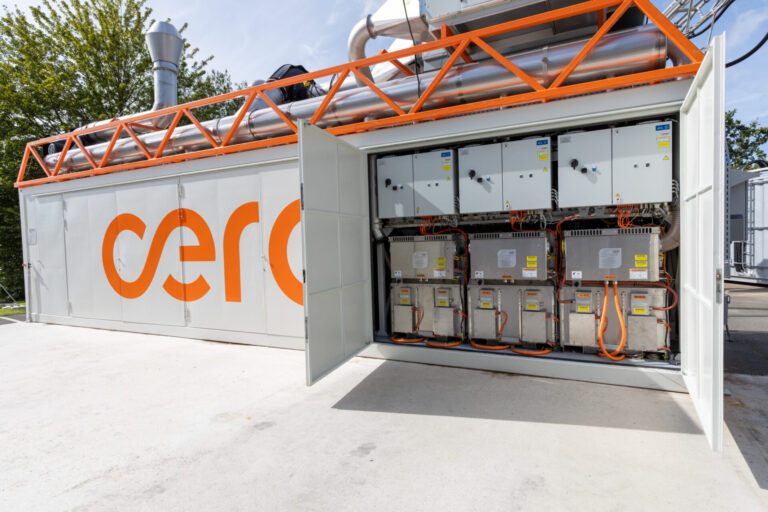
The first mistake organisations make, and it often depends on the management style, is to call either their legal advisor or their crisis communications team. It is very rare that they call both and if they do, they usually keep them apart and employ different and sometimes conflicting strategies.
So, is the legal approach always about secrecy and communications all about transparency? At our recent event, we got together a lawyer, newspaper Editor and a crisis specialist to talk about the most effective response in a crisis and how the media reacts to your crisis response strategy.
As we ran through the scenario, what quickly became clear was that combining your approach is critical for consistency and effectiveness, a view fully endorsed by the media reaction. You can watch the full discussion here. It contains some great insight on how the media reacts to your crisis and what you should be doing right now to prepare.
What the debate also tells us, is that there are six key things to consider in a crisis:
Yes of course, every crisis is different, but at the heart of most is an element of truth. The key is investigating who, what, where, when and how is it being shared amongst stakeholders and then react proportionately. For example, a full legal response to a small issue will only serve to confirm a journalist’s view that you are guilty and that they are on to something, prompting them to dig for more.
The biggest risk of running a separate legal and communications approach to your crisis is consistency. If you send a legal letter refuting the claims and threatening action, only to publicly announce you are investigating or acting on the issue you risk a journalist reporting on the confusion and further questioning your response. What is clear, is that legal attempts in these circumstances can become part of the extended crisis as the confused message is exposed.
You should make every effort to cooperate with the journalist who has presented you with claims for your response. They don’t want to get it wrong, but they do want to report the story. A cooperative approach from the outset will demonstrate your willingness to be transparent, helping to build trust with the journalist to ensure your response is fully considered. If the journalist persists with allegations that you have refuted or misinformation that you have corrected, then you should take legal steps before publication to try and ensure accuracy. However, you should also keep the journalist aware of the action you are taking.
Just as journalists don’t want to be wrong, they also don’t want to receive the black mark that an upheld IPSO complaint can have on their career. Study, understand and use the code where appropriate but only after attempting to engage cooperatively with the journalist.
Every member of the panel agreed, understanding your current risks and preparation for them is key to result in a confident response. A confident, co-operative and transparent response, legal or communications based, can help to mitigate impact as it can diminish the credibility of the claims being made against you.
Whatever your approach, you should capture and log everything, especially if your crisis is being fuelled by social media. This will be the evidence that backs up any legal action or regulatory investigation and even if you take a communications approach, it is key to keep a log of your statements and reactions.
What is abundantly clear from the discussion is that you should consider introducing your legal and crisis communications advisors in advance of a crisis. Working out how you will use legal and communications responses in a controlled and consistent way, will mean you are as ready as you can be when the crisis strikes.
My thanks to Georgie Collins, Head of Business Legal Services at Irwin Mitchell and Matt Nixson, Deputy Features Editor at the Express for making this such an interesting debate.

FTSE 250, international government services provider appoints MHP for strategic communications counsel in a wide-ranging brief.... Read more

Energy firm Ceres Power has appointed MHP Group to provide corporate and financial communications support.... Read more